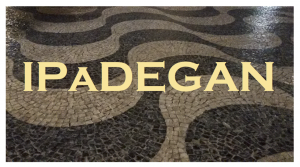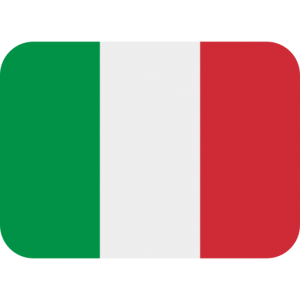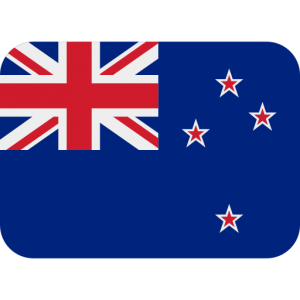Home

IPaDEGAN is a European Marie Skłodowska-Curie Research and Innovation Staff Exchange ( RISE ) project, funded by the European Commission within the H2020-MSCA-RISE-2017 call. It fosters international mobility and collaboration on the topic of partial differential equations, especially on Integrable PDEs and their ramified applications. It lies at the border between geometry, mathematical physics and numerical analysis and aims to leverage the strength of the general theory of integrable systems to address new problems in the theory of random matrices, random processes as well as problems in evolutionary PDEs.
The project will develop by means of secondments of the researchers in the various involved institutions, network-wide events and dissemination activities
IPaDEGAN started on January 1st 2018. It was suspended in 2021 due to the COVID19 Outbreak. It resumed its activities on January 1st 2022 until December 31st, 2023.
![]() A H2020 MSCA RISE Network of the European Union
A H2020 MSCA RISE Network of the European Union
Contract number : MSCA RISE 778010
The IPaDEGAN project aims to create a fertile research and training environment for scientists working in the fieldsof Geometry, Mathematical Physics, and Numerical Applications. The network comprises 4 beneficiary nodes from European Countries and, after January, 2020, 7 overseas partner nodes.
European Partners
 |
UNIMIB (*) University of Milano-Bicocca: Department of Mathematics and its Applications |
 |
UBFC Université de Bourgogne – Franche Comté: Institut de Mathématiques de Bourgogne (CNRS-UMR 5584) |
 |
SISSA Scuola Internazionale Superiore di Studi Avanzati: Mathematics Area |
 |
UA Université d’Angers: LAREMA (CNRS UMR 6093) |
Overseas Partners
 |
Colorado State University (Fort Collins) |
 |
Indiana University – Purdue University (Indianapolis) |
 |
Tsinghua University (Bejing) |
 |
University of Otago (Dunedin) |
 |
University of North Carolina at Chapel Hill |
 |
CRM Montreal |
 |
Courant Institute, NYU (New York). |
Active collaboration from other working groups and individuals is expected throughout the network’s activity, which will last 48 months starting from January, 1st 2018.
The project will develop by means of secondments of the researchers in the various involved institutions, network-wide events and dissemination activities.
